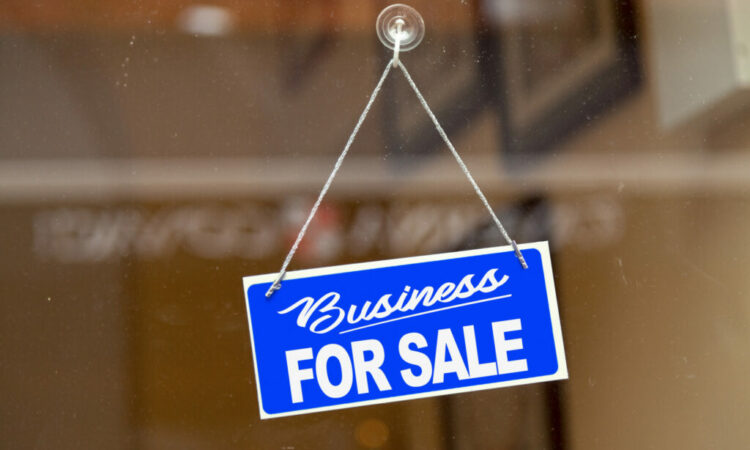Trucking mergers and acquisitions are on the rise as aging business owners look for an opportunity to sell their businesses and transition into retirement. Meanwhile, growing businesses are eager to complete deals as organic growth slows, and the easiest way to add capacity and build revenue is through an acquisition.
Peter Stefanovich, president of transportation M&A advisory firm Left Lane Associates, has identified several things company owners should expect when selling a business.
1. Deals can’t be completed quickly
It generally takes about eight to 12 months to get a deal done properly, Stefanovich says.
Many sellers are surprised by this. But the process involves pulling together materials, establishing valuations, and assembling sales materials – some of which could be scattered among various hard drives and filing cabinets.
An M&A advisor then needs to pull together documents such as a confidential information memorandum. Financials must also be “normalized”, which means identifying things like company cars, gas cards, or memberships that are put through the business.
Marketing materials need to be assembled, before outreach to potential buyers begins. And all this must occur before a letter of intent is written, and then the buyer must conduct due diligence before any sale closes.
2. Selling a business is not like selling a home
“Often people say, ‘Aren’t you similar to real estate agents?’” Stefanovich says. However,
there’s due diligence and final preparations involving legal, accounting, financial, and human resources issues that all need to be satisfied before a transaction closes.
Equipment lists must be assembled, and they are not limited to counts of trucks and trailers. Computers, desks, real estate, shop tools – everything the selling company owns — must be accounted for.
Financials need to be cleaned up as well. “People bundle things together when putting together financial statements,” Stefanovich explains, referring to travel expenses that might also include personal travel. That must all be unbundled. “If you have a holding company that owns your business, make sure that’s cleaned up, too.”
3. Prospective buyers want details
Buyers want to know more about your business than you may imagine. Beyond looking at the financial statements, they will think about things like whether environmental assessments will be required. And outstanding litigation or HR claims will need to be disclosed or settled. As for the personal loan linked to a transaction completed decades ago? That will need to be closed out.
Buyers are more granular today than in the past, Stefanovich warns. That’s due in part because banks conduct their own risk analysis when lending money. “Banks are extremely conservative and want to know everything about the transaction.”
4. Buyers are driven by more than price alone
A buyer’s motivation isn’t always strictly based on price, Stefanovich says. Some are more focused on the equipment they’ll receive, some more concerned about land value, while others are after a solid customer list or driver roster.
“All buyers are different,” Stefanovich noted. “They are looking for businesses that will strengthen their various areas of their own business. It could be a geographic or vertical play.”
5. Competitors may not be the only potential buyers
The best match for a sale may be a buyer the seller hasn’t considered. For example, a recent mega-deal in Canada saw Fastfrate purchase a majority stake in Challenger Motor Freight. The two companies had different offerings – LTL/warehousing and full truckload — on their respective menus.
“Not all potential acquirers are focused on buying business in the same space that they are already in. Some are looking for ways to cross-sell in new verticals in the supply chain,” he says. This has also been seen in the U.S., where some major non-trucking companies have bought trucking businesses to instantly create their own private fleets and gain better control over supply chains.


